 W
WVicente Aguilar Cubero was a Costa Rican politician.
 W
WKevin Casas-Zamora is a Costa Rican politician, lawyer and political scientist. Casas-Zamora is Secretary General of the International Institute for Democracy and Electoral Assistance, International IDEA, an inter-governmental organization based in Stockholm; and Senior Fellow and former Director of the Peter D. Bell Rule of Law Program at the Inter-American Dialogue, a policy research center based in Washington D.C. Prior to that he was Secretary for Political Affairs at the Organization of American States and Senior Fellow at the Brookings Institution. He also served as Minister of National Planning and Economic Policy as well as second Vice President of Costa Rica under Oscar Arias from May 8, 2006 until September 22, 2007. He earned his JD from the University of Costa Rica, his MA from the University of Essex, and his DPhil from the University of Oxford. His doctoral thesis, titled “Paying for Democracy in Latin America: Political Finance and State Funding for Parties in Costa Rica and Uruguay,” won the 2004 Jean Blondel PhD Prize from the European Consortium for Political Research for best thesis in politics in Europe and was later developed into a book, under the title "Paying for Democracy." In 2007 Casas-Zamora was selected as Young Global Leader by the World Economic Forum. Since 2013, he is a member of the Bretton Woods Committee.
 W
WThe Constitution of 1833 was the constitution used in Chile from 1833 to 1925 when it was replaced by the Constitution of 1925. One of the most long-lived constitutions of Latin America, it was used to endorse both an authoritarian, presidential system and from 1891 onwards an oligarchic, parliamentary system.
 W
WThe Constitution of 1925 was the constitution in force in Chile between 1925 and 1973 when the Government Junta suspended it. In the 1920s Chile had a severe social and economic crisis that led to the loss of prestige for old ruling class, labeled oligarchy in Chilean historiography, and the rise of a more sensibilized populist government led by Arturo Alessandri. In 1924 Alessandri was outed in a coup, but was called back in 1925 to complete his mandate. Alessandri then used his presidency to draft a new constitution to replace the Constitution of 1833. The constitution was approved by plebiscite by 134,421 voters on August 30 of 1925. Prominent features of the constitution were:Separation of the church from the state. This was the fulfillment of an old goal among many liberals in Chile. This issue had caused a series of conflicts and controversies in the 19th century. Legislative initiative powers to the president. Created an electoral tribunal. This reform increased the democratization of elections that were still manipulated in large parts of the country.
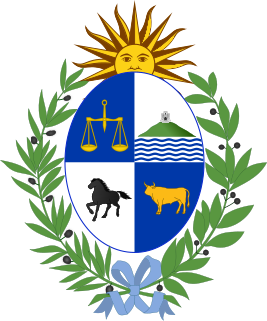 W
WThe third Constitution of Uruguay was in force between 1934 and 1942.
 W
WThe fourth Constitution of Uruguay was in force between 1942 and 1952.
 W
WThe fifth Constitution of Uruguay was in force between 1952 and 1967.
 W
WThe 1997 Constitution of Uruguay refers to the 1967 Constitution with amendments.
 W
WFernando Coto Albán was a Costa Rican jurist. He succeeded Fernando Baudrit Solera as President of the Supreme Court of Justice of Costa Rica and held the position from 1975 to 1983.
 W
WThe Courts of First Instance are the third hierarchic level organized in the Judicial System of Peru.
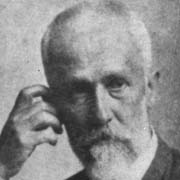 W
WMauro Fernández Acuña was a Costa Rican politician and lawyer.
 W
WJorge García Montes y Hernandez was a Cuban lawyer and politician.
 W
WThe legal system of Uruguay belongs to the Continental Law tradition.
 W
WThe Faculty of Law of Sorocaba is a law school in the state of Sao Paulo and Brazil is in Sorocaba.
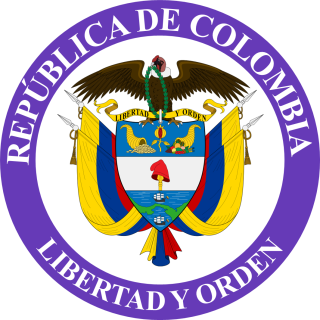 W
WThe Ministry of Justice and Law, is the national executive ministry of the Government of Colombia responsible for the administration of law and justice, equivalent to the justice ministries of other countries.
 W
WThe National Justice Council is an organ of the Brazilian Judicial System created in 2004 by a Constitutional Amendment, as a part of the Judicial Reform. The 15-member Council was established in 2004 by the 45th Amendment to the Constitution of Brazil. Among its responsibilities are ensuring that the judicial system remains autonomous, conducting disciplinary proceedings against members of the Judiciary, and compiling and publishing statistics on the Brazilian court system. The President of the Council is the President of the Supreme Federal Court.
 W
WAna María Cristina Polo González is a Cuban-American Hispanic television arbitrator on Caso Cerrado and Ana Polo Rules
 W
WThe Prosecutor General of the Republic is the head of the Brazilian Federal Prosecution Office, an autonomous agency in charge of criminal prosecution and the defense of society in general. The Prosecutor General heads a group of independent prosecutors, who work to investigate and prosecute criminal, labor, and civil offenses committed against society. It is a position appointed by the President of the Republic and the nomination must be approved by the Federal Senate.
 W
WThe Regional Federal Courts are the courts of appeal of Federal Courts of Brazil. They represent the second instance courts of the Brazilian Federal Justice system and are responsible not only for appeal processes against trial court decisions, but also for writs of security, Habeas corpus, and Habeas data against acts by federal judges, motions to set aside judgments, criminal revisions, and conflicts of jurisdiction.
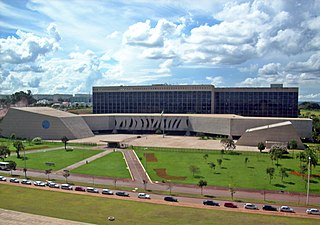 W
WThe Superior Court of Justice is the highest appellate court in Brazil for non-constitutional questions of federal law. The STJ also has original jurisdiction over some cases. Its competence is described in Article 105 of the Brazilian Constitution of 1988.
 W
WThe Supreme Court of Justice of Guatemala, or CSJ, is the highest court within Guatemala's judiciary branch. The Supreme Court, which is composed of thirteen justices, including a presiding President, is headquartered in the Palace of Justice in Guatemala City.
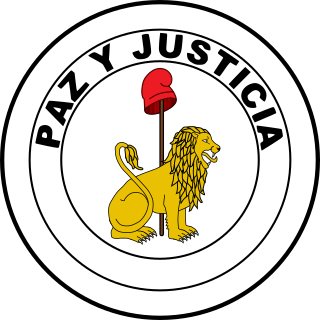 W
WThe Supreme Court of Justice of Paraguay is the highest court of Paraguay. The Senate and the President of Paraguay select its nine ministers (judges) on the basis of recommendations from a constitutionally created Consejo de la Magistratura. The court meets at the Palace of Justice in Asuncion. The court consists of three chambers: Constitutional, Civil and Commercial and Criminal and each chamber has three ministers. The present President of the Supreme Court is Alberto Joaquín Martínez Simón.
 W
WThe Supreme Court of Justice is the highest judicial court in Peru. Its jurisdiction extends over the entire territory of the nation. It is headquartered in the Palace of Justice in Lima.
 W
WThe Supreme Court of Uruguay is the highest court of law and last resort in the Oriental Republic of Uruguay. It serves as the highest appeals court, and appoints and oversees all other judges. Established on 28 October 1907, it is housed in the Palacio Piria, a masterpiece of eclectic architecture from 1917.
 W
WDomingo Rafael Tamargo y Bautista was the Cuban Secretary of Justice during the early 1930s. He served on the Cuban Supreme Court from September 27, 1933 until January 17, 1934.
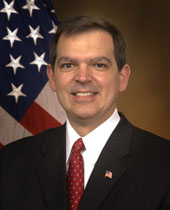 W
WMauricio J. Tamargo was the 14th Chairman of the Foreign Claims Settlement Commission. He was nominated by President George W. Bush in July 2001. He left the Justice Department in February 2010.
 W
WThe Civil Code of the Oriental Republic of Uruguay is a systematic collection of Uruguayan laws designed to comprehensively deal with the core areas of private law such as for dealing with business and negligence lawsuits and practices.
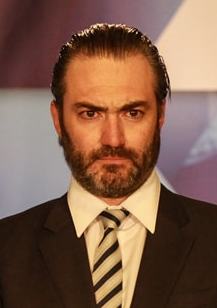 W
WAcisclo Valladares Urruela is a Guatemalan attorney and notary who served as Economics Minister during the administration of President Jimmy Morales. Previously he held the post of Special Mission Appointed Ambassador to attend to the international agenda related to the Alliance for the Prosperity of the North Triangle Plan and General Coordinator of the Executive Committee of the National Competitiveness Program, PRONACOM.